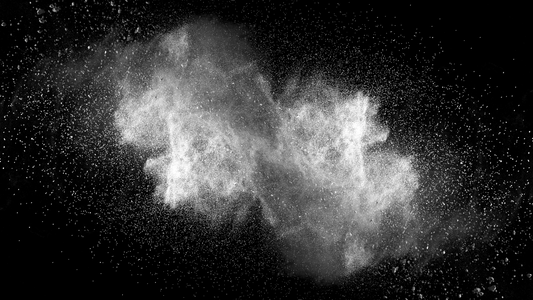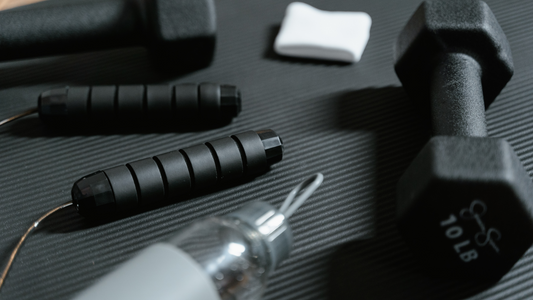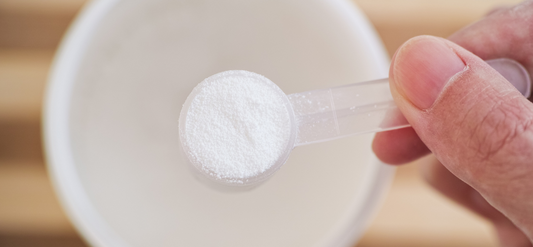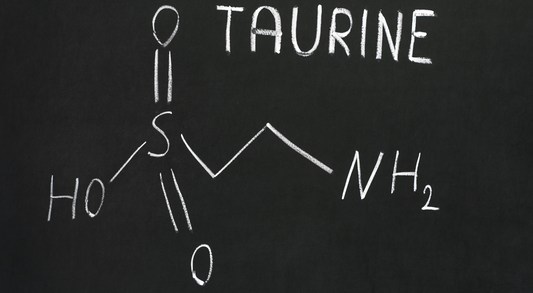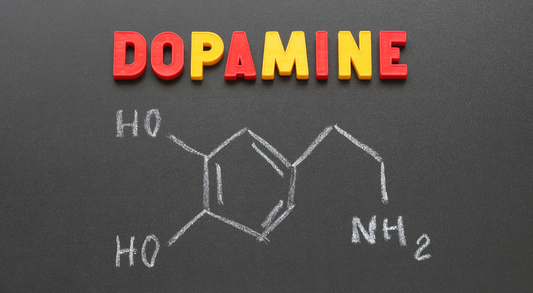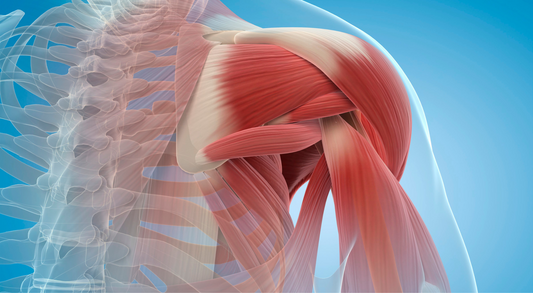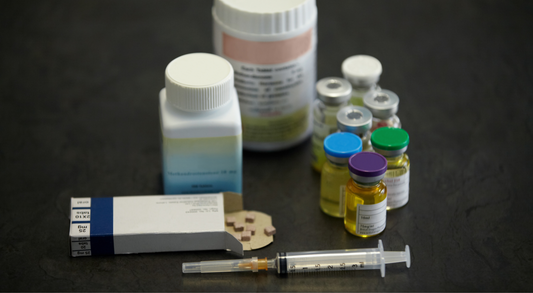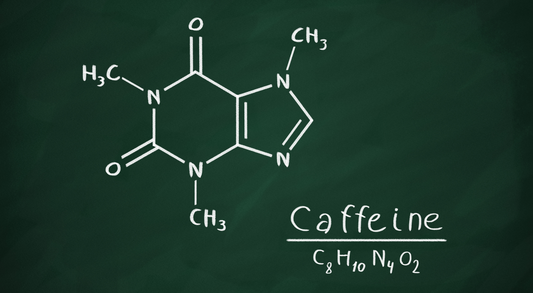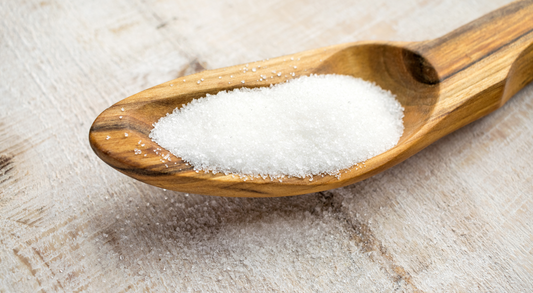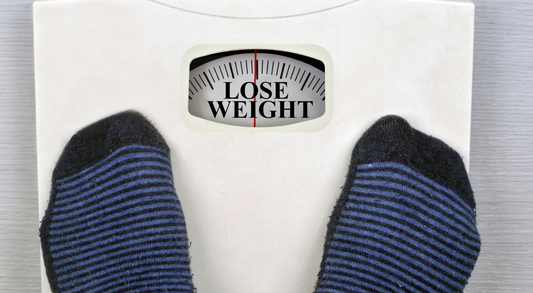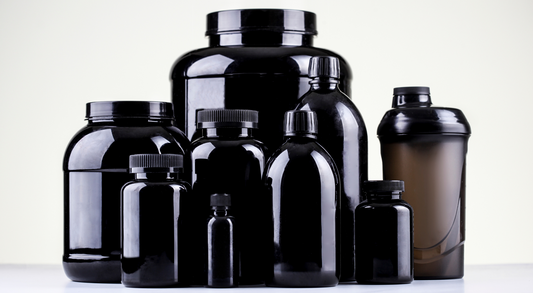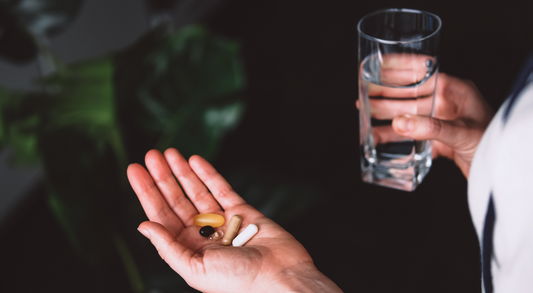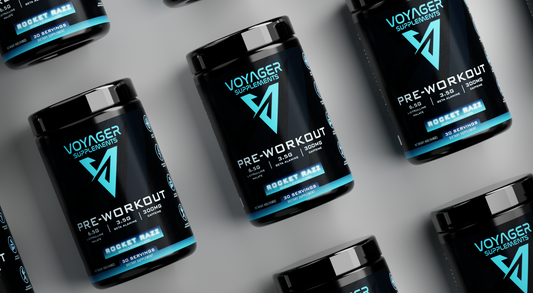The Science Behind Creatine Monohydrate: Benefits and Misconceptions
Creatine monohydrate is one of the most researched and popular supplements in the fitness industry. But what exactly is it, and how does it work? Let's dive into the science behind creatine monohydrate and debunk some common misconceptions.
What Is Creatine?
Creatine is a naturally occurring compound that's found in your muscle cells. It plays a crucial role in the production of energy during high-intensity exercise. Creatine monohydrate is a form of creatine that's often used as a dietary supplement to enhance athletic performance and increase muscle mass.
How Does Creatine Work?
Creatine works by increasing the amount of creatine phosphate in your muscles, which is used to produce ATP, the primary energy source for heavy lifting and high-intensity exercise. This can lead to improved performance, increased strength, and greater muscle mass.
Common Questions and Misconceptions About Creatine Supplementation: What Does the Scientific Evidence Really Show?
One of the most common misconceptions about creatine is that it's bad for your kidneys. However, research has shown that creatine supplementation does not harm kidney function in healthy individuals. Another misconception is that creatine is a steroid or a form of doping. In reality, creatine is a legal, naturally occurring compound that's found in foods like meat and fish.
Creatine Monohydrate Benefits
Creatine monohydrate has been shown to have several benefits, including:
- Increased Strength: Creatine can help increase your strength and power during high-intensity exercise.
- Improved Performance: Creatine can enhance your performance during high-intensity, short-duration exercise like weight lifting and sprinting.
- Greater Muscle Mass: Creatine can increase muscle mass by boosting the water content of your muscle cells and promoting muscle protein synthesis.
Creatine Monohydrate Safety
Creatine monohydrate is considered safe for most people when used at recommended doses. However, it can cause side effects like stomach discomfort, muscle cramps, and dehydration if you take too much at once. It's always a good idea to talk to your doctor before starting any new supplement regimen.
When to Take Monohydrate Creatine
The best time to take creatine monohydrate is post-workout, when your muscles are primed to absorb nutrients. However, the most important thing is to take it consistently, as it takes time to accumulate in your muscles.
Conclusion
Creatine monohydrate is a safe and effective supplement that can enhance your athletic performance and increase your muscle mass. However, it's not a magic bullet. It should be used in conjunction with a balanced diet and regular exercise to see the best results. If you have any questions or need further assistance, feel free to contact us. And don't forget to check out our collection of pre-workout supplements that are creatine-free.
References:





